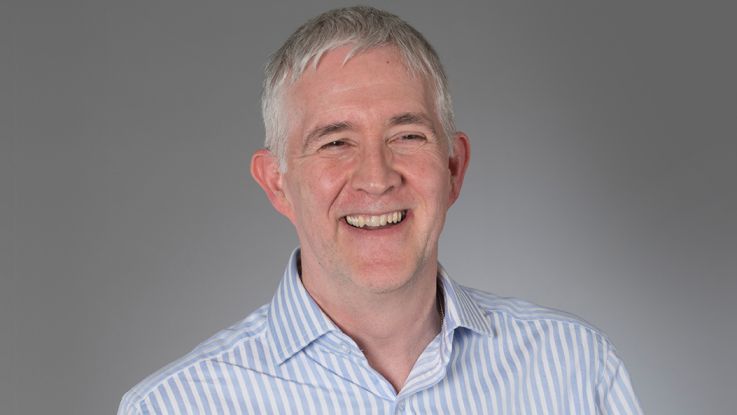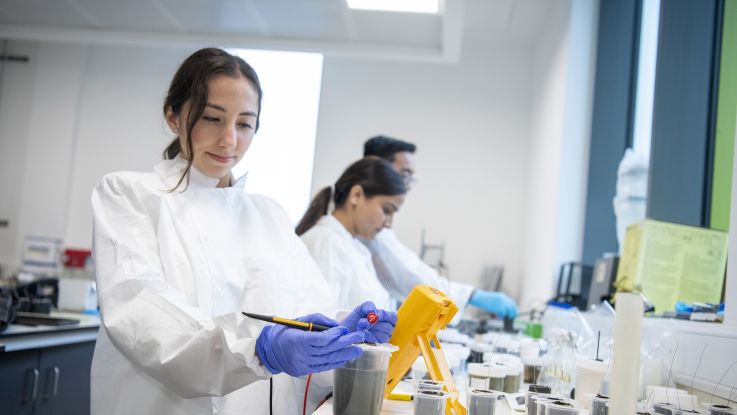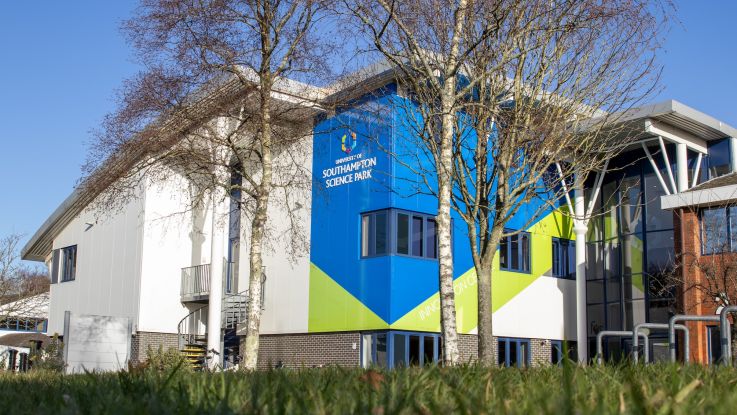

Planning for recovery
The Science Park was pleased to co-host an insightful and interactive session with financial advisers Smith & Williamson, during which the South’s business community tackled how to adapt their business finance, communications and human resources for success.
Clive Dobbin, Partner at Paris Smith commenced proceedings, answering questions around human resources. He began by pointing out that progress on flexible working had accelerated by about two years over the last two months and therefore businesses should take this opportunity to embrace new ways of working rather than returning to old habits.
Tackling ‘reluctant returners’ was a hot topic. On this, Clive stressed the need to work with individuals on a case by case basis to fully understand their reasons for being hesitant to return to work. People are currently facing a whole host of scenarios – from childcare issues to shielding vulnerable relatives, let alone personal safety concerns - and so a blanket approach is not appropriate.
Where big decisions are needed to alleviate significant commercial pressures, consultation with employees before making decisions is key. They may have ideas that could work well to support any restructuring plans while also improving productivity and efficiency to facilitate recovery.
For more advice, see the Paris Smith Guide to Returning to Work.
Rebecca Combes, Partner and Head of Southampton Tax Services at Smith & Williamson spoke about the various opportunities to defer HMRC payments to help manage cashflow at what is a critical time for many businesses but also stressed the importance of proactive communication to agree terms with relevant tax offices to avoid being classed as a ‘defaulter’. While the government has announced a ‘mini budget’ for the beginning of July, Rebecca is not expecting any tax reductions given that the government needs to recoup emergency Covid-19 spending.
Rather than focus on tax breaks and cash lifelines which only push problems further down the line, Rebecca advises looking holistically at what is needed to build a better, stronger business because it is not always cash: it might perhaps be a new skill in the business or investment in a particular area like marketing that will unlock recovery.
Finally, Rebecca mentioned that now is a good time to look at putting personal tax affairs in order because values are deflated.
Amy Harper, Associate Director, Business Outsourcing Services at Smith & Williamson picked up on the need for stringent rolling cashflow management. This process naturally needs to encompass forecasting, but a wider approach should be considered including renegotiating supplier terms and continually evaluating customer risks to understand what may be on the horizon. She advised that if there is cash in the business it’s preferable to use it rather than incurring debts, given uncertainties around a potential second wave of coronavirus and a no-deal Brexit.
Kevin Briscoe, Founder of Briscoe PR highlighted the considerable changes that businesses are facing with their public relations and marketing communications. Having previously worked tremendously hard to develop engagement and get their messaging just right, businesses now need to focus on how things have changed for their audiences and adapt their communications accordingly.
In the wake of renewed community spirit, engaging with audiences by sharing helpful knowledge is a good approach. So too, is to listen carefully to the audiences that you’re serving as a business. Kevin advises that it’s more important than ever to ‘take the temperature’ regularly to understand how they’re behaving and what they’re saying and then framing your activities based on this insight.
Jane Holt, Business Development Director at Southampton Science Park was asked about the experience of companies at the Park and she confirmed that, although some companies are having cashflow challenges, others are rapidly expanding. Often these ‘crisis’ situations spark ideas for the best start-ups so now is a really good time to be considering setting up in business if you’ve got a strong idea and commercial acumen.
She commented on the agility and resilience of resident businesses, demonstrable in the way they responded quickly after the initial shock that Covid-19 presented. This is due in part to the fact that innovative businesses usually have extremely loyal staff, people who are emotionally and sometimes financially committed to their business’s journey.
The panel was also asked about leadership approaches to help bond teams back together. On this, Amy commented that some of her team have actually worked better at home – a positive impact that has been largely software enabled and embracing flexible working in this way will help companies to cast their recruitment nets wider moving forward.
At the same time, she warned about the need to support the younger generation who benefit greatly from an office environment for face-to-face training and mentoring. While it’s easier for experienced mature people to work at home, young people and new starters are disadvantaged if they’re not able to work physically as part of a team. Jane echoed this, citing the various companies and commentators that are highlighting the strong need for humans to be part of a community that works together dynamically and consequently, they are advocating ‘the buzz’ and creativity that comes from working in an office environment.
Finally, the experts were quizzed on their expectations for economic recovery. All agreed that although initial expectations were for a V-shaped recovery, the forecast is now very much for a slower U-shaped one and that businesses should plan for this. Rebecca’s personal view was that a return to positive trading could be expected in 12-18 months. Kevin echoed this but commented that it was a highly sector-specific matter: some clients are optimistic about returning to positive trading by the end of this year while others are planning for several years ahead. Others are already exceeding expectations this year.

















































































